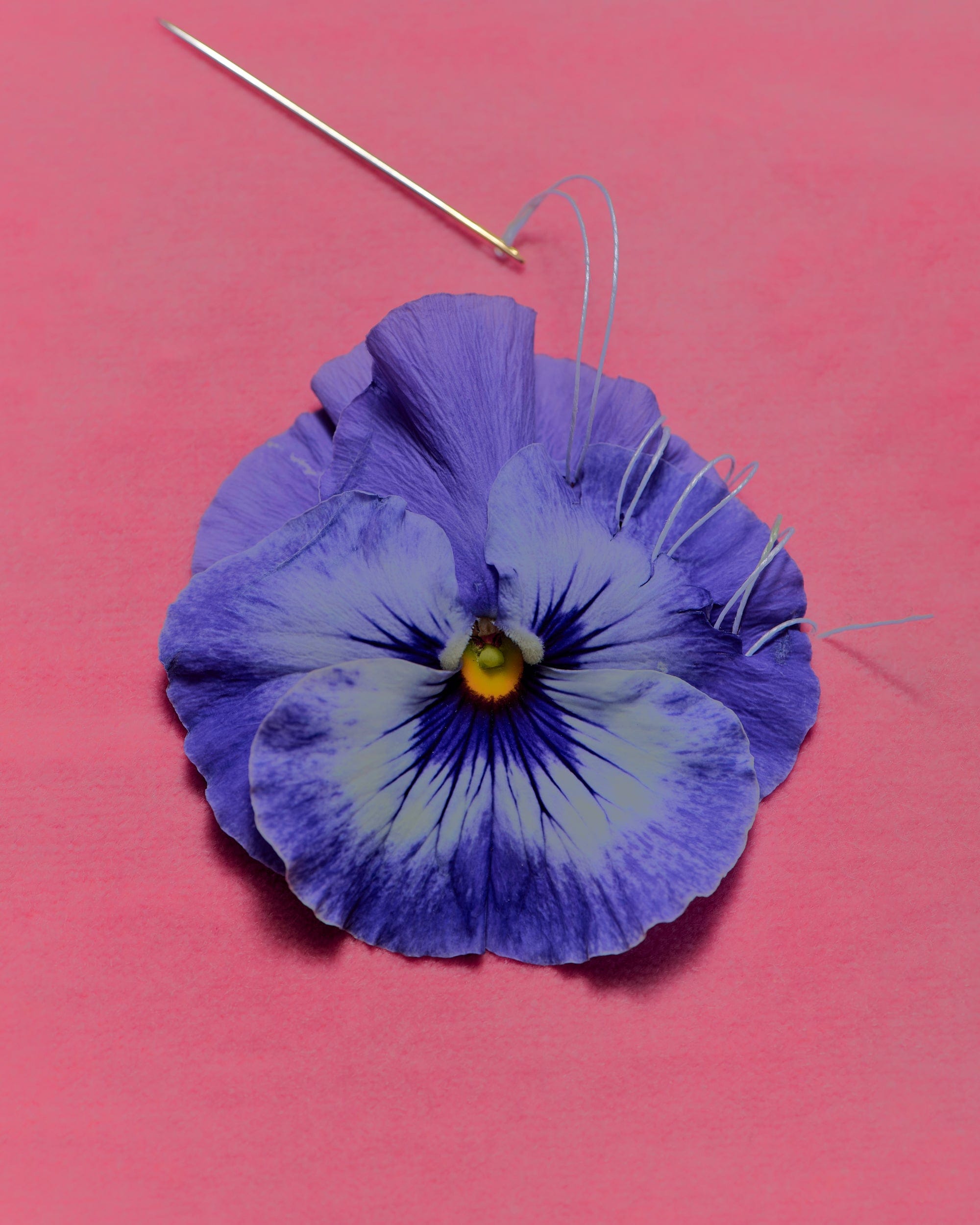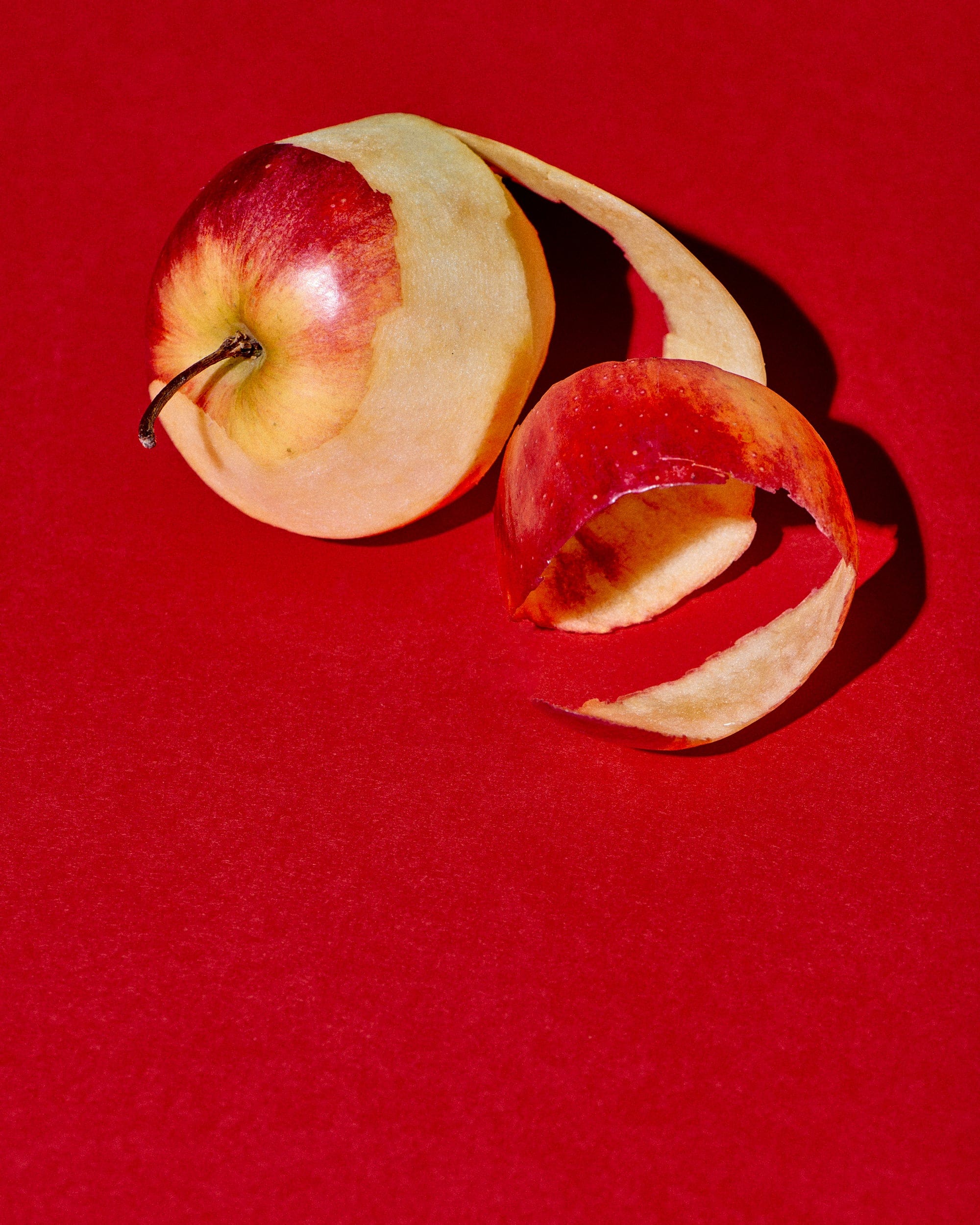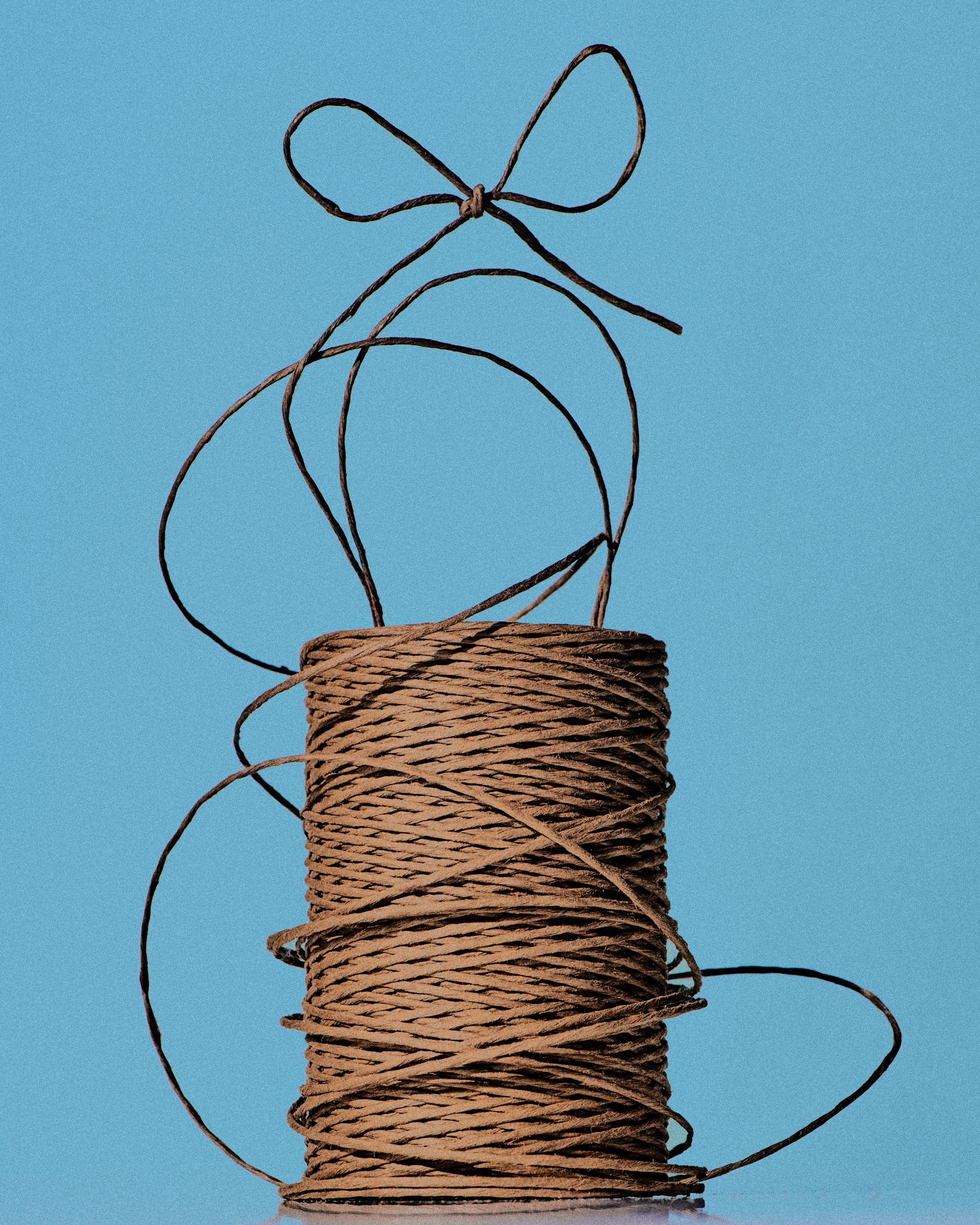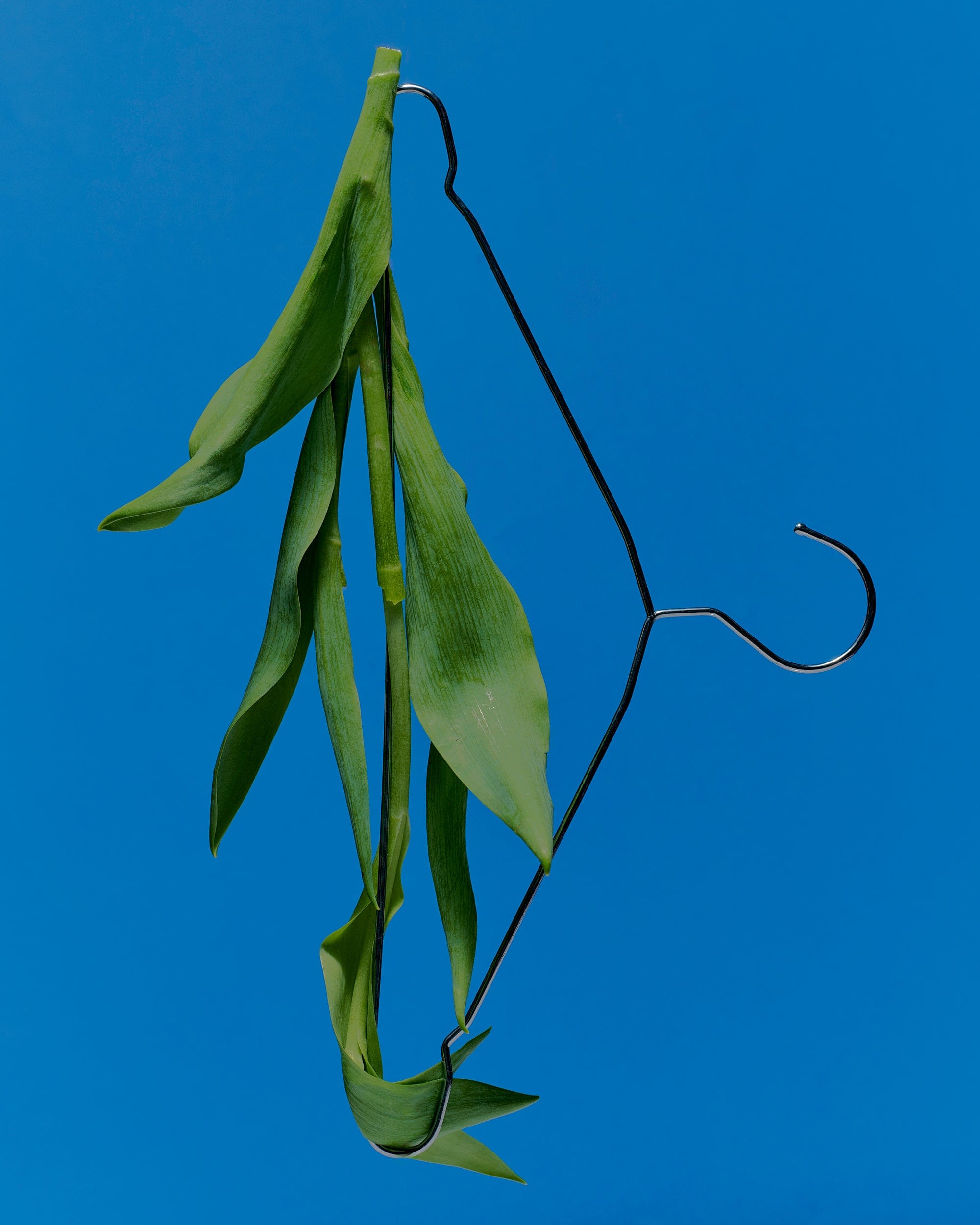OUR IMPACT
Alémais Impact Report
2021 - 2024
Since 2021 Alémais has been designing original-print pieces made from a curated mix of low-impact textiles. We are a design-led, conscientious brand. We refuse to take shortcuts to sacrifice quality, and we carefully consider each decision we make. Our first impact report, now available to read, covers four calendar years, from the brand’s inception to the end of 2024.
Our report centers around four strategic impact pillars:
- 01 Materials,
- 02 Supply Chain,
- 03 Community,
- 04 Climate
The goal of this report is to measure our overall impact on people and the planet, setting a benchmark and a responsible path forward.
Keen to know more, but don’t have time to read 44 pages, download our one page Executive Summary.
Above video features all the artisans we've worked with over the years,
including: Soko, Tanora, Sonica, and Raintree.

01 Materials
Alémais recognises that our choice of materials has the greatest impact on the environment.
Our Preferred Materials Matrix (PMM) allows us to clearly identify which fabrics to use, and informs our designers what to choose "Always," "Often," "Sometimes," and "Never." 75% of our products by weight were designed with preferred materials in 2024. These materials are selected for their lower environmental impact compared with conventional materials. Preferred materials include organic cotton, recycled fibres, and regenerative materials.
- 75% of the total material used by weight in 2024 was from preferred materials.
- Less than 5% of fibre use in 2024 was from synthetics.
- 72% of the cotton used in 2024 was organic, which has a lower impact than conventional cotton.

02 Supply Chain
A supply chain includes all the people and manufacturers involved in the making of a product. Each garment we sell has been through many hands in different areas of the world.
Companies often do not have visibility of their supply chains. This includes not knowing the origin of the materials they use or not knowing how the workers are treated at the factories where their products are made. We believe in accountability, and to be truly accountable we must trace every link in our supply chain.
Today, 59% of our Tier 2 and 3 supply chain is traceable, which means over half of our products can be tracked from fibre to garment. This is a significant achievement that we are incredibly proud of, as many in the industry are yet to focus on Tier 2, 3, or 4.
- 100% of all Tier 1 (Product & Garment Production) is traced.
- 59% of all Tier 2 (Fabric Production) is traced.
- 59% of all Tier 3 (Yarn Production) is traced.

03 Community
Empowering communities of creativity and craft is in our DNA. We support artists, artisans and cultural preservation with every collection that we create. Since our launch in 2021, Alémais has made 6,219 artisanal products across 58 styles.
In 2023 we developed our Artisanal Sourcing Policy and Strategy, which outlines our company’s commitment to initiatives that empower artisans by providing them with a platform to showcase their skills, preserve their cultural uniqueness, and safeguard their intellectual property rights.
We’ve collaborated with 14 artists in only four years. With each season we welcome new artists into the Alémais community.
We’ve also worked with community organisations including Two Good and Cancer Chicks.

04 Climate
At Alémais we are committed to reducing our carbon footprint throughout the business. We have made foundational steps through careful selection of material, reviewing logistics and investing in reforestation projects.
Between 2021-2024 we have funded the planting of over half a million trees (600,000). We have reduced our reliance on air freight by setting up warehouses in the Netherlands, Hong Kong, the United States, and Australia, which has avoided 3.588 billion kilograms/kilometres in air freight in 2023.
Today, 100% of our printing is digital, which uses far less water, waste, and chemicals than conventional techniques, while 100% of our dyes and inks are free from harmful plastic and toxic PFOAs.